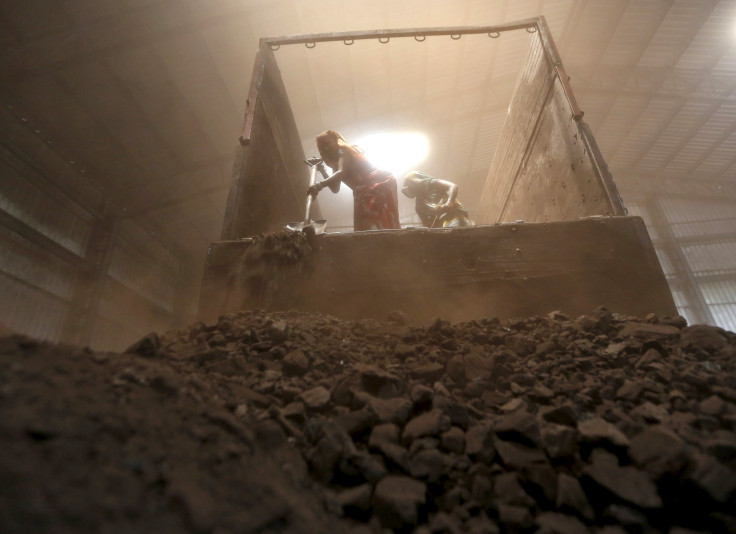World Bank Boosts Fossil Fuel Financing Despite Bank Leader's Calls To Fight Climate Change: Report

The World Bank boosted its financing for oil, coal and natural gas projects, even as its president urged countries to end government subsidies for fossil fuels. Climate change groups criticized the United Nations-run institution for the apparent contradiction, though World Bank officials disputed the assessment.
In a Friday report, Oil Change International identified $3.4 billion in World Bank loans, grants, guarantees, risk management and equity for fossil fuel projects in the 2013-14 financial year. The total marks a 23 percent increase from the previous year, including direct and indirect funding.
“Despite repeated calls for urgent action on climate change, the World Bank Group increased funding for fossil fuels in its last fiscal year,” the advocacy group, based in Washington, said in the report. It said the bank’s “energy finance practices continue to fall far short of the bank’s core missions of reducing poverty and tackling climate change.”
The report’s release comes days after World Bank President Jim Yong Kim told the Guardian, “We need to get rid of fossil fuel subsidies now.” In a December speech, he called climate change “a fundamental threat to development in our lifetime. We know that if we don’t confront climate change, there will be no hope of ending poverty or boosting shared prosperity.”
The burning of coal, oil and gas for electricity, heat and vehicle fuel creates more greenhouse gas emissions than any other single source in the world. But in many countries, fossil fuels remain the cheapest source of energy, and developing nations still rely on coal and oil-fired power plants to sustain their economic growth.
A World Bank spokeswoman disagreed with the Oil Change International report and said the group used “a completely different way of classifying energy projects” than what the World Bank uses. “We have seen the report and do not agree with the way it characterizes our work,” she told the Guardian.
She said the bank’s own assessment shows its funding for fossil fuel projects dropped by half in the 2013-14 period, while its financing of renewable energy projects, including wind and solar power, rose substantially. However, the spokeswoman acknowledged that the World Bank’s fossil fuel estimates do not include a separate bucket of funding, called “policy and institutional development,” which includes additional support for conventional energy projects.
© Copyright IBTimes 2025. All rights reserved.





















